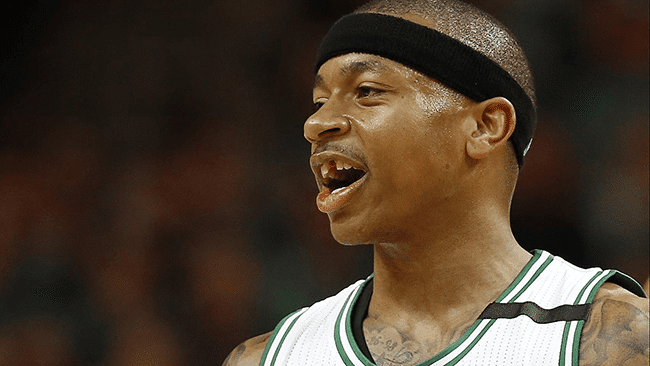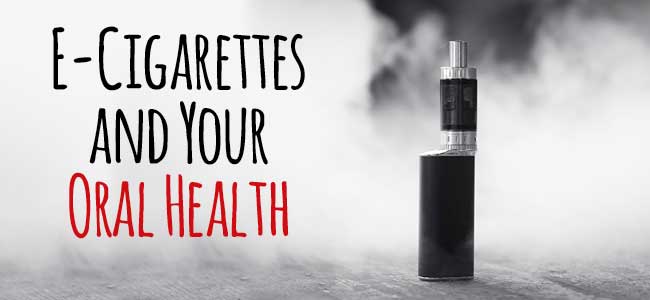
Find Your Perfect Dentist in Palmdale, CA
Are you looking for a dentist you can trust? At AV Sierra Dental Center, Dr. Jason Oh, Dr. Shanne Sastiel, Dr. Michael Tran, and Dr. Catherine Vu provide quality dentistry in Palmdale, CA. Our state-of-the-art practice uses the latest techniques to ensure comfortable, painless procedures. We take pride in providing personalized treatment that fits your lifestyle and budget! Call now for an appointment, or visit our website to learn more about what AV Sierra Dental Center offers! A Wide Range of Services Available AV Sierra Dental Center offers a wide array of dental services to meet the needs of its patients. We specialize in services such as: Dental Sealants: These clear coatings can be applied to the back teeth (molars) and help prevent cavities by protecting the grooves and crevices that are hard to clean with just brushing and flossing. It’s quick and painless to get them applied, and they can last for years. So definitely consider asking about dental sealants – they’re an easy and effective way to keep your teeth healthy and strong! Root Canal Services: Root canal services are often a scary term for patients, but it’s essential to understand that it’s a standard procedure to save your tooth from further damage or even extraction. The process involves: The result is a healthier tooth that can continue functioning for many years. Our team of experienced professionals understands the anxiety that can come with this procedure, and we strive to provide a comfortable and stress-free experience for our patients. Trust us to provide the best root canal services and the care you deserve. Additionally, we offer cosmetic procedures such as: Teeth Whitening: A radiant smile can light up a room, but it’s not always easy to achieve. Coffee, tea, red wine, and tobacco can all stain our teeth, leaving them dull and yellowed. Luckily, teeth whitening treatments have come a long way in recent years, offering a safe and effective way to restore our pearly whites. From at-home kits to in-office treatments, we offer a variety of options available to fit different budgets and preferences. So whether you’re preparing for a special occasion or simply want to boost your confidence, teeth whitening may be just the thing to help you shine. Veneers: Many strive for a bright, sparkling smile, but achieving the perfect set of teeth isn’t always easy. That’s where dental veneers come in, an increasingly popular cosmetic treatment that can transform your smile in just a few visits. Dental veneers are thin, custom-made shells placed over the front of the teeth to improve their appearance. They can correct a wide range of dental flaws, including staining, chips, gaps, and misalignment, giving you a flawless smile you can be proud of. And for those who have experienced dental emergencies, we offer emergency dental care services, ensuring that you receive immediate attention and care whenever needed. State-of-the-Art Technology AV Sierra Dental Center utilizes state-of-the-art dental technology to ensure our patients receive the highest quality dental care possible. Our advanced technology includes digital X-rays, intraoral cameras, and laser dentistry, all of which aid in diagnosing and treating dental problems. This technology provides more accurate dental diagnostics, reduces treatment times, and ensures quicker healing. Skilled and Experienced Dental Professionals The dental team at AV Sierra Dental Center comprises skilled and experienced dentists and support staff who are committed to providing quality dental care to their patients. Each dentist brings their unique experience and expertise, and they work together to provide comprehensive dental solutions tailored to each patient’s specific needs. Supportive and Caring Environment We prioritize our patients’ comfort and well-being at AV Sierra Dental Center. We understand that visiting the dentist can be anxiety-inducing for some. We take extra measures to ensure that our patients feel at ease. We provide a supportive and caring environment, catering to each patient’s unique needs. Affordable Dental Solutions AV Sierra Dental Center offers affordable dental solutions, enabling our patients to receive quality dental care without breaking the bank. We provide a range of payment options, including financing options for more complex dental procedures. We also accept many insurance policies, making our services accessible to a broad range of patients. Dentist in Palmdale, CA Finding a reliable, trustworthy dentist is crucial to maintaining good oral health. Whether you’re looking for cosmetic, general, or emergency dental care, AV Sierra Dental Center has you covered. We are committed to providing quality dental care to our patients while ensuring a comfortable and supportive environment. Our skilled and experienced dentists and advanced technology enable us to offer a wide range of dental services, catering to each patient’s unique needs. If you’re in Palmdale, CA, and need dental care, look no further than AV Sierra Dental Center. Book your appointment today and take the first step towards maintaining your oral health.







